Are There Snakes in Hawaii? Find Out!
Are There Snakes in Hawaii?
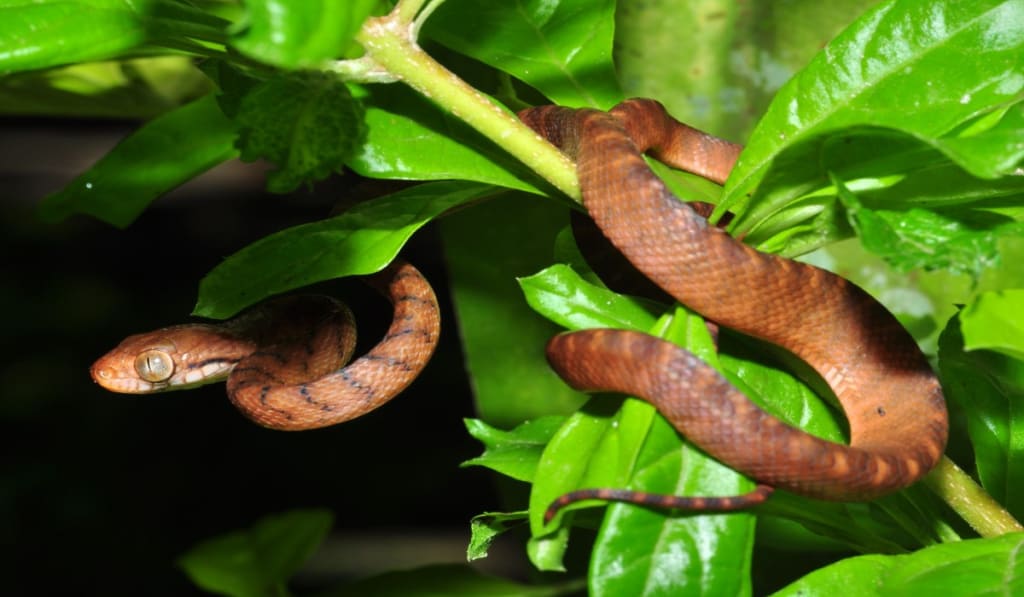
Are There Snakes in Hawaii? Find Out!
The islands of Hawaii, located in the Pacific Ocean, are home to a wide range of wildlife. A diverse range of marine and terrestrial mammals and birds live in America’s 50th State. They include monk seals, mongooses and humpback whales, as well as handsome honeycreepers and rare monk seals. But are there snakes in Hawaii? Yes, and no.
Because this speck on the USA map is so remote, almost all of Hawaii’s larger mammals and insects have been introduced to the islands either directly or indirectly by humans.
Hawaii is home to a very delicate ecosystem, and it’s feared that the introduction of snakes could devastate the region’s natural environment. Conservationists and border patrols have taken great measures to prevent serpents from getting a foothold in Hawaii.
Only two types of snakes can be found in Hawaii, and neither of these species threatens the local ecosystem. The penalties for the importation of snakes can be pretty severe, leading to a $200,000 fine or three years imprisonment.
But some snakes might just have made it through the net, and there’s a slim chance you could encounter one of the following.
Brahminy blind snake
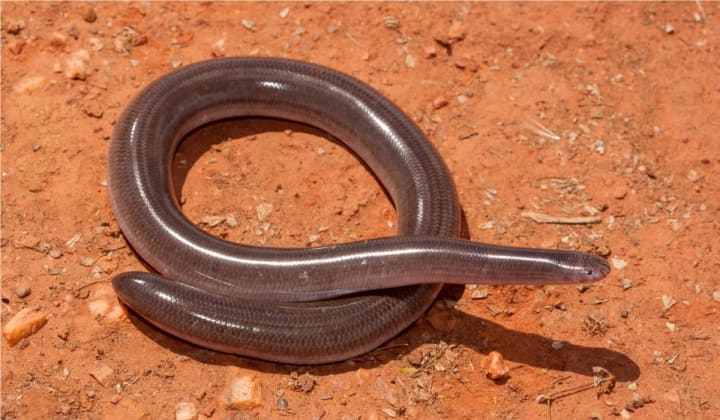
One of two known snakes that live in Hawaii is the brahminy blind. It was originally found in Africa and Asia but has since colonized large areas of the world.
Brahminy blind snakes are believed to be all females and are the only parthenogenetic species. It takes only one snake to have offspring by laying fertilized eggs that will hatch. As Hawaii has shown, it takes only one brahminy-blinded snake to produce an entire population of them.
Brahminy blind snake, which only measures six inches in length, is the smallest of all snake species. It is mistaken for a giant, slender worm because of the pinkish color of its skin.
Brahminy blind snakes cannot see, as their name implies. They are also non-venomous, which is a relief! They rely on termites and ants for their food. They can be found in Hawaii but pose no danger to humans.
The yellow-bellied sea serpent
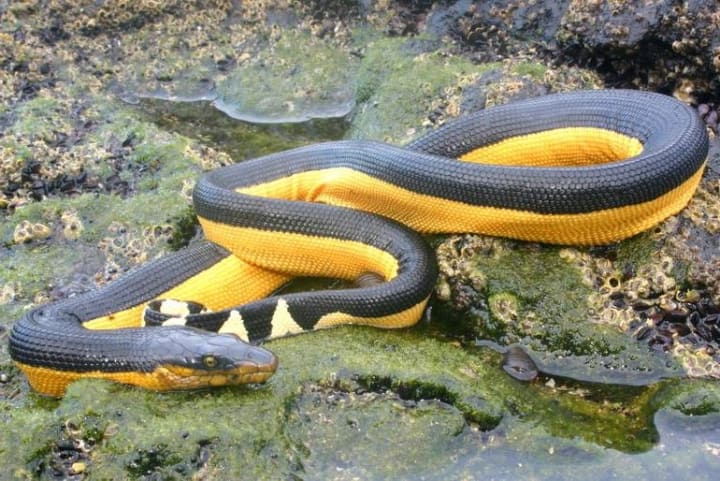
The yellow-bellied sea serpent is the only snake that can be considered a full-time resident of Hawaii or the surrounding waters. The yellow-bellied sea snake is easy to spot because of its distinctive appearance, and it has a dark brown back with a bright, daffodil-dashed physique. The yellow-bellied sea serpent is often found in open oceans, except in the Atlantic Ocean, and rarely ventures onto land.
It’s highly unlikely that you would encounter one as you travel between Princeville’s golf courses and Waikiki’s surf breaks which is good news because the yellow-bellied sea serpent is much more venomous than the brahminy blind; a bite can cause drowsiness and vomiting as well as muscle pain. In extreme cases, it could even be fatal.
Brown tree snakes
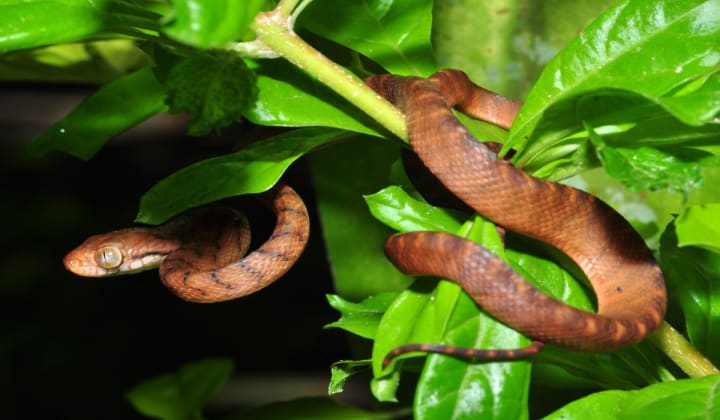
It isn’t native to Hawaii, and it is believed there are zero brown tree snakes on the islands. The potential damage to Hawaii if the brown tree snake makes it its home is huge, so conservationists and Hawaiian authorities do everything they can to keep it away from the land.
These tree-dwelling snakes have caused havoc on the neighboring island of Guam, for example, where they were accidentally introduced from the South Pacific inside cargo deliveries in the 1940s.
The brown tree snake has devastated the island’s habitat since it arrived in Guam. The snake’s population has exploded rapidly since it has no natural predator, leading to the local extinction of many bird and lizard species. The snakes cause thousands of electrical blackouts each year, climbing on power lines and into transformers and electrical boxes.
The brown tree snake could have an equally devastating effect on Hawaii’s environment if it is introduced. Although no brown tree snakes are currently found in Hawaii, several were discovered in the 1980s/90s and are believed to have been on board flights from Guam. All cargo boats and planes arriving from Guam are now thoroughly checked for these slitherers.
Boa constrictor

A five-foot-long boa constrictor was discovered in Kunia, on the island of Oahu, in March 2019. How the snake got to Hawaii is a mystery, though it’s not the only boa constrictor to have made its way to the island. Two other boa constrictors were discovered in separate incidents in 2011. Two farm workers spotted the larger constrictors, which measured nine feet in length, and they managed to capture them and keep them for the night before turning them over to the authorities. Another boa constrictor was killed accidentally in 2013 after it was struck by a vehicle while crossing a highway.
Boa constrictors, though not venomous, are well-known for the brutal way they attack their prey. That involves a muscle-powered death hug that overpowers the victim’s bodily functions and knocks them unconscious. However, it is good news that boas rarely attack humans.
They eat small rodents and amphibians as their diet. Boa constrictors which are native to South America, are also common pets and can live up to thirty years in captivity. The law in Hawaii prohibits the keeping of snakes as pets due to the possible damage they can do to the environment if they escape.
Ball python
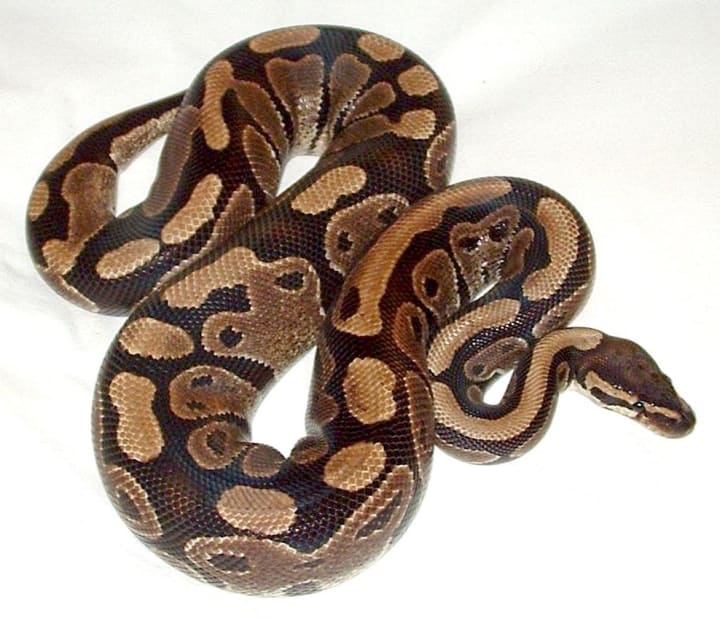
The boa constrictor is not the only snake that has invaded Hawaii. Since 2015, three different ball pythons have been found in Hawaii. The ball python, a snake that is native to Central and Western Africa, is another common pet snake, especially on the US mainland. In all three cases, the ball Pythons were in excellent condition, which indicates that they may have been pets.
As with all snake breeds, the ball python can destroy Hawaii’s delicately balanced ecosystem if it is allowed to roam freely. The ball python can grow up to six feet in length and lives off of small birds and rodents, which are plentiful in Hawaii. The ball python, another non-venomous snake, is also a constrictor, and it cuts off blood supply to its victim’s vital organs before chowing down.
Southern black racer
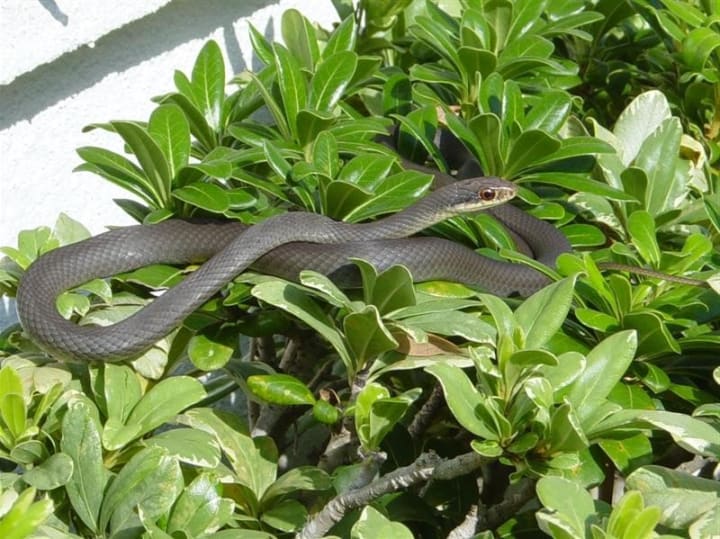
Despite all the protocols and harsh punishments that are in place for snakes kept as pets, there is always a chance that one slips through the net. In 2019, a southern black racer hitched a free ride to Hawaii inside the backpack of a traveler who had flown in for a vacation from Florida. The southern black racer is common in Florida and, though non-venomous, it’s also a constrictor.
The southern black racer is known for its speed and ability to eat anything it can catch and kill. And it would undoubtedly have a great time in Hawaii’s natural environment. Although the penalties for illegally importing snakes to Hawaii can be severe, there is no penalty for accidental imports. The lucky thing is that the person who accidentally brought the southern black racer snake into Hawaii was well aware of the laws and quickly contacted authorities when he saw it crawling from his backpack.
Garter snake
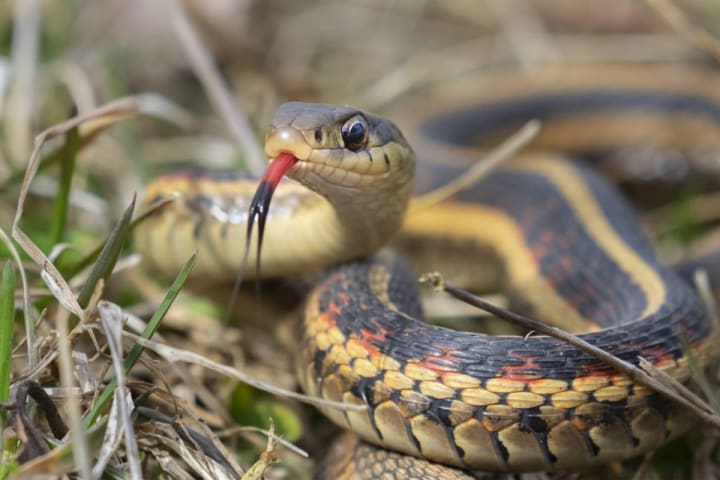
Two instances have occurred in which Christmas trees shipped from the United States to Hawaii brought with them the unwelcome gift of a garter serpent. A shipment of Christmas trees from the United States was unloaded from a shipping container in 2004, and a 13-inch garter serpent was found at a supermarket.
An Oregon company delivered the Christmas trees. A second garter snake was discovered in 2020 in a shipment of Christmas trees. However, the snake was injured during transit and died soon after arriving in Hawaii.
North America is home to the garter snake. Although they are venomous, they are considered to be almost harmless to humans. Garter snake venom is weak and can only cause minor injuries; their bites can cause swelling and pain.





Comments
There are no comments for this story
Be the first to respond and start the conversation.